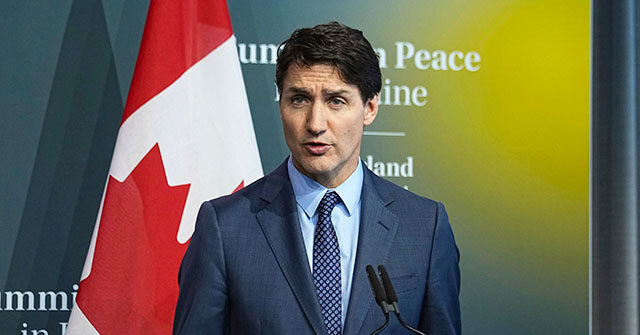
Canadian Prime Minister Justin Trudeau’s announcement of his resignation on Monday was met with a wave of jeers from some American conservatives. The reaction stemmed from a confluence of factors, including Trudeau’s perceived left-leaning policies and a recent interaction with former President Donald Trump.
Trump, in a series of comments following a meeting with Trudeau, repeatedly referred to the Canadian Prime Minister as the “governor of the 51st state,” a provocative statement that fueled mockery among his supporters. This playful, yet pointed, rhetoric resonated with those eager to express their disdain for Trudeau’s political stances. The resulting online chatter and even in-person heckling reflected this sentiment.
Several prominent conservatives seized on Trump’s comments to further criticize Trudeau’s resignation. Abigail Jackson, deputy chief of staff for Senator Josh Hawley, quipped that the resignation “makes sense because you can’t be Prime Minister when you’re Governor.” Similar sentiments were echoed across social media, with accounts like “End Wokeness” posting celebratory messages about Trudeau’s departure, framed within the context of Trump’s “51st state” narrative. Conservative commentators like Paul Ingrassia went further, suggesting that the resignation signified an ongoing “annexation of Canada” by the United States.
The celebratory tone among some American conservatives highlighted a deep political divide and illustrated how partisan rhetoric can transcend national borders. The reactions, ranging from sarcastic comments to outright jubilation, underscored the extent to which Trudeau’s political persona and his relationship with Trump have become intertwined in the broader American political landscape.

